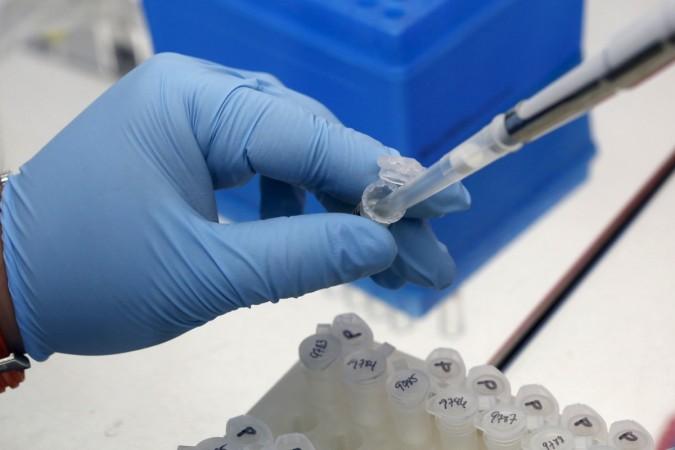
The US Food and Drug Administration (FDA) has issued fresh guidelines aimed at reducing the risk of the Zika virus' spread through blood transmission in the United States.
The FDA has recommended that blood samples no longer be collected from those regions of the United States where the Zika virus cases have been reported. The agency said blood for transfusions should be obtained from regions where cases have not been reported.
The FDA also approved the collection and preparation of platelets and plasma if an FDA-approved pathogen technology is used. The fresh guidelines come at a time when the Zika virus has affected over 30 countries in Latin America and the Caribbean.
Peter Marks, director of the FDA's biologics division, said based on the best available evidence, that the new recommendations will help reduce the risk of using blood and blood components infected with the Zika virus.
The agency called for blood banks in areas where the virus is transmitted locally — like Puerto Rico and the United States Virgin Islands — to import whole blood and red blood cells from regions without an outbreak. The agency also suggested exceptions could be made for platelets and plasma that have been treated for pathogens.
The FDA also formally endorsed recommendations made by the American Association of Blood Banks that donors at risk for the Zika virus be barred from donating blood for four weeks.
That would include people with symptoms indicative of the Zika virus infection in the previous four weeks; those who have had sexual contact with a person who has travelled to, or lived in, an area with active virus transmission during the prior three months; and those who have travelled to areas with active transmission during the past four weeks.
There is no specific treatment for Zika virus infection, although a few countries have started studying the links of Zika with the deadly neurological disorder microcephaly.
The World Health Organisation (WHO) has said it will take at least 18 months before any vaccines are tested in large-scale clinical trials. India-based Bharat Biotech is the only pharmaceutical company in the world to have claimed to be making a Zika vaccine.

















